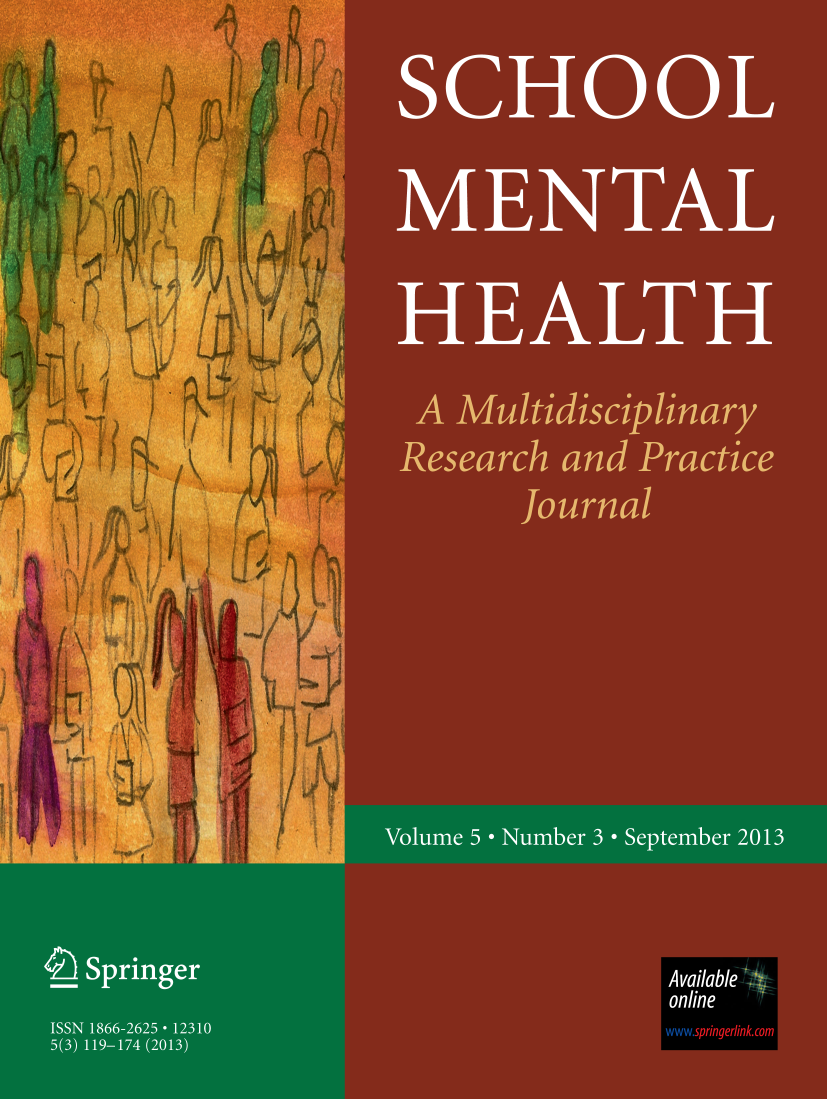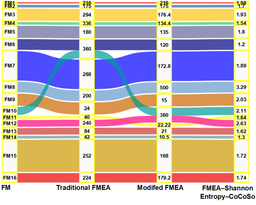Cultural Adaptation and Validation of the Moroccan Version of the Psychological Sense of School Membership Scale (PSSM) Among Moroccan Students
Published in Behavioural Sciences & Psychology and Education
School belonging is crucial for students’ identity development and academic motivation. It enhances educational success and predicts mental well-being, particularly during secondary school years. A supportive school environment is vital for fostering student engagement and overall development in early adolescence. This study culturally adapts the Psychological Sense of School Membership Scale (PSSM), assessing its reliability, validity, and factor structure among Moroccan secondary school students, alongside examining its associations with school outcomes and substance use. Data collection utilized a questionnaire measuring PSSM, incorporating sociodemographic factors, family, peer, sibling relationships, school results, and substance use. Psychometric properties, factor structure, and reliability were evaluated among 180 students post-pilot testing, with construct validity assessed via confirmatory factor analysis (CFA) and reliability via Cronbach’s alpha. The PSSM instrument demonstrated good internal consistency and reproducibility. Psychometrically, it showed acceptable properties with a good model fit (root-mean-square error of approximation = 0.062; χ2 = 603.08, p < 0.001). Authoritative school discipline had a significant impact on the “rejection” subscale (p = 0.001). Active class participation was significantly associated with the “ belonging” subscale (p = 0.000). Maternal relationships had as significant impact on both the “belonging” (p = 0.01) and “rejection” (p = 0.000) subscales. This study underscores the importance of fostering supportive school environments to enhance student engagement and well-being in Moroccan secondary schools. These findings suggest implications for educators and policymakers aiming to improve educational outcomes in Moroccan schools.






Please sign in or register for FREE
If you are a registered user on Research Communities by Springer Nature, please sign in